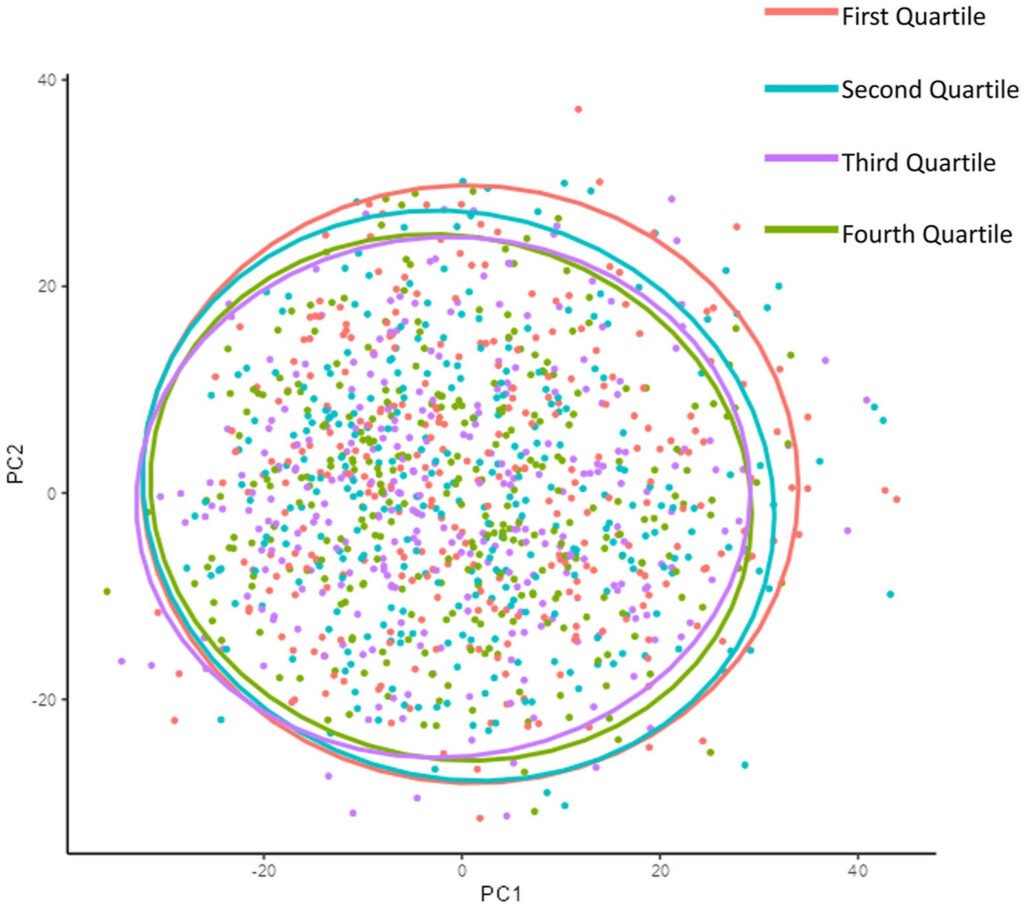A recent study conducted by the University at Buffalo has shed light on the relationship between diet quality and the oral microbiome in postmenopausal women. This groundbreaking research, published in the Journal of Nutrition, revealed that women who followed healthier diets had lower levels of certain oral microbiome bacteria that are associated with gum disease and heart infections.
The study, which involved 1,175 postmenopausal women, assessed their diet quality using the Healthy Eating Index 2020 (HEI-2020) scores obtained from a food frequency questionnaire. The researchers found that HEI-2020 scores were linked to the composition, but not the diversity, of the oral microbiome. However, specific components of the HEI-2020, such as total vegetable and protein intake, were associated with greater diversity in the oral microbiome, while dairy and added sugar intake were linked to less diversity.
Lead author Yihua Yue emphasized the importance of looking at overall diet quality rather than individual nutrients, as foods are consumed together and their health effects may be interactive. The study aimed to understand how diet quality, as assessed by the HEI, influenced the bacteria present in the oral cavity.
The findings of this research hold significance in the context of oral health, as oral bacteria play a crucial role in the development of periodontal disease and other inflammatory conditions. While the study focused on postmenopausal women, the results are relevant to a broader population and highlight the impact of dietary patterns on oral microbiome composition.
The study suggests that recommendations from the Dietary Guidelines for Americans, particularly regarding sugar, vegetables, and plant-based proteins, may play a role in shaping the oral microbiome. These findings provide valuable insights for future research and could influence dietary guidelines for improving oral health.
Overall, this research underscores the importance of maintaining a healthy diet for oral health and suggests that dietary quality may have a significant impact on the composition of the oral microbiome. Further studies are needed to explore the relationship between diet and oral health in different populations and to validate the findings of this study.
For more information on this study, you can refer to the publication in The Journal of Nutrition (2024) with the DOI: 10.1016/j.tjnut.2024.08.023. This research was conducted by the University at Buffalo and provides valuable insights into the link between diet quality and the oral microbiome.


